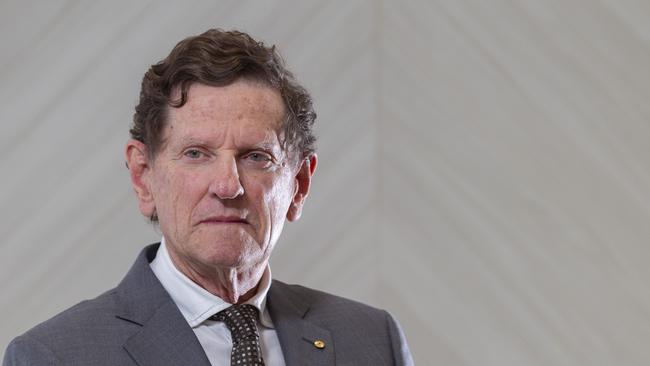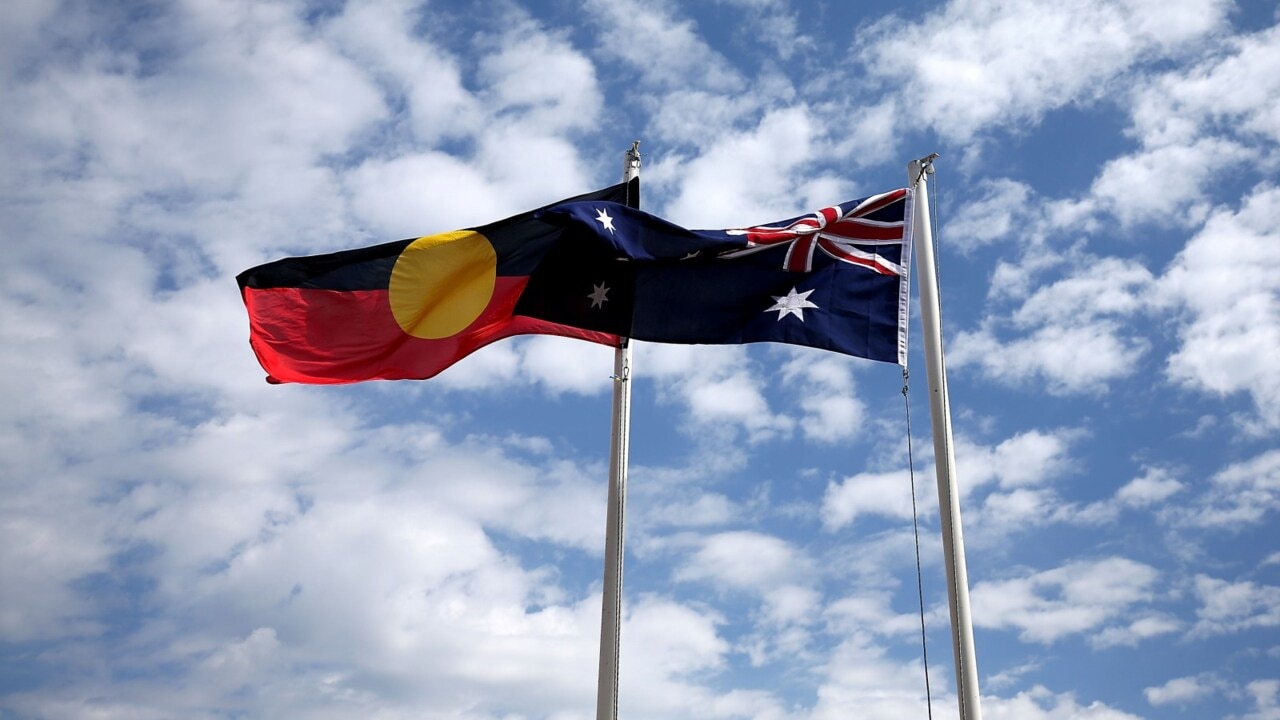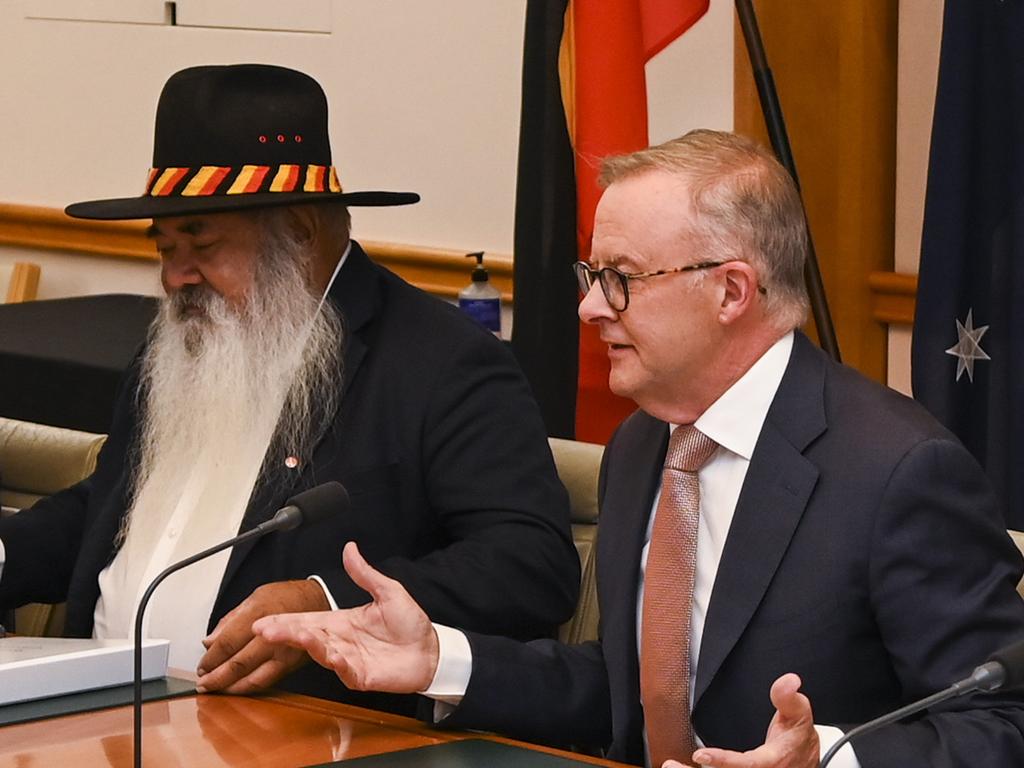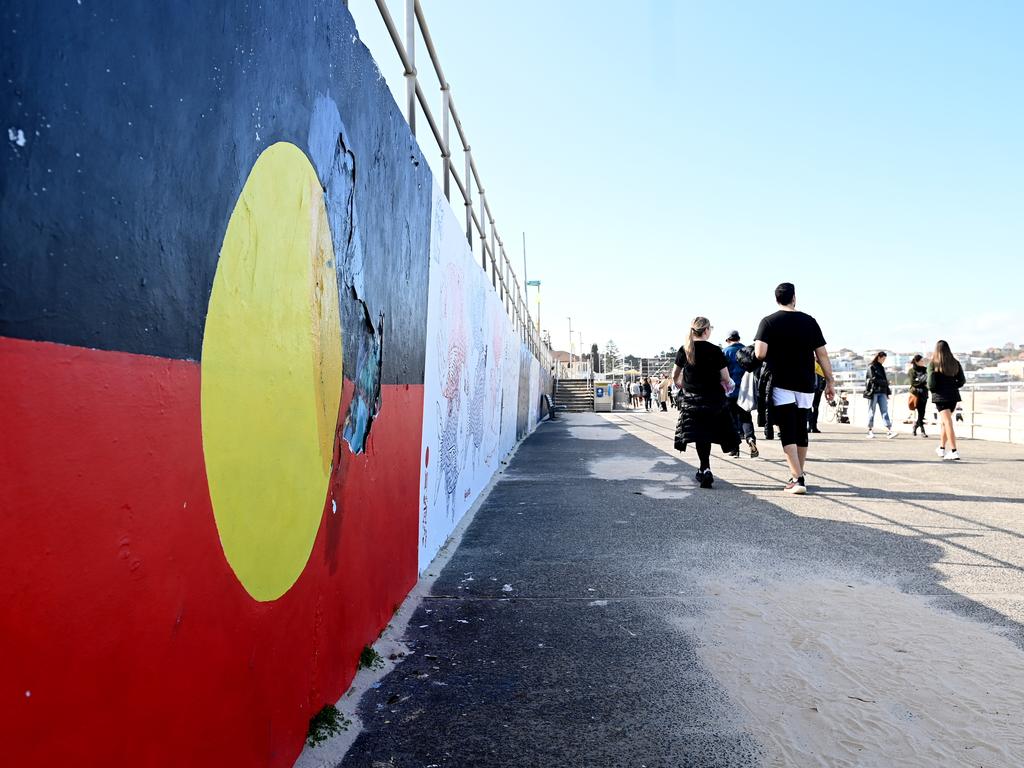Former high court chief justice Robert French backs the Indigenous voice to parliament
Former High Court chief justice Robert French says additions to the voice amendment ‘may reduce the risk’ that the government would be legally bound to take the Indigenous voice to parliament into account.

Former High Court chief justice Robert French says additions to the amendment suggested by Attorney-General Mark Dreyfus “may reduce the risk” that the government would be legally bound to take the Indigenous voice to parliament into account.
As Indigenous leaders prepare to meet in Adelaide on Thursday to finalise their advice to the Albanese government on a voice with constitutional authority to advise both parliament and executive government, Justice French has offered an opinion on Mr Dreyfus’s last-minute intervention. In an essay in The Australian, Justice French writes that, overall, the risk of legal action over the Indigenous voice is far outweighed by the opportunity of great benefits.
“We can draft a Constitution and our laws to minimise uncertainty but can never eliminate it. In the end we accept that judgment on important matters often involves weighing benefit against risk,” Justice French writes.
On Thursday last week, Mr Dreyfus suggested that in the third clause of Mr Albanese’s proposed constitutional amendment – which states “The parliament shall, subject to this Constitution, have power to make laws with respect to the composition, functions, powers and procedures of the Aboriginal and Torres Strait Islander voice” – the following words could be added at the end: “and the legal effect of its representations”.
The Australian has been told by some members of the referendum working group that Mr Dreyfus’s suggestion does not have the group’s support.
Justice French indicates in his essay that it is “improbable” that the executive could be legally required to have regard to representations made to it.
“The proposed amendment to paragraph 3, allowing the parliament to make laws about the legal effect of representations, may reduce the risk of an implication that the executive would be legally bound to take them into account,” Justice French writes in his essay in The Australian on Thursday.

Justice French, who was the inaugural president of the National Native Title Tribunal, predicted in 2019 that it was possible but likely unworkably rigid for the Constitution to spell out in detail the function, composition and means of selection for the voice. Instead, he said the Constitution should provide, in spare terms, for the existence of the voice as an advisory body and it should be left to the parliament to establish its detailed design by legislation. This was the position taken by architects of the Uluru Statement from the Heart and the Albanese government.
Justice French’s latest commentary on the voice comes just days before the Labor cabinet is due to settle on the wording of the proposed amendment.
Referendum working group member Tom Calma rejected the notion there was “a whole lot of disagreement” among Indigenous leaders who form the group, saying deliberations were respectful and the government was not trying to dictate an outcome.
He declined to say if he supported Mr Dreyfus’s proposal but said the consensus among the group was “not what’s been reported”.
“My position is one thing, the collective position is another,” he told The Australian. “I go by the collective. That’s what a democratic process is about.”







To join the conversation, please log in. Don't have an account? Register
Join the conversation, you are commenting as Logout